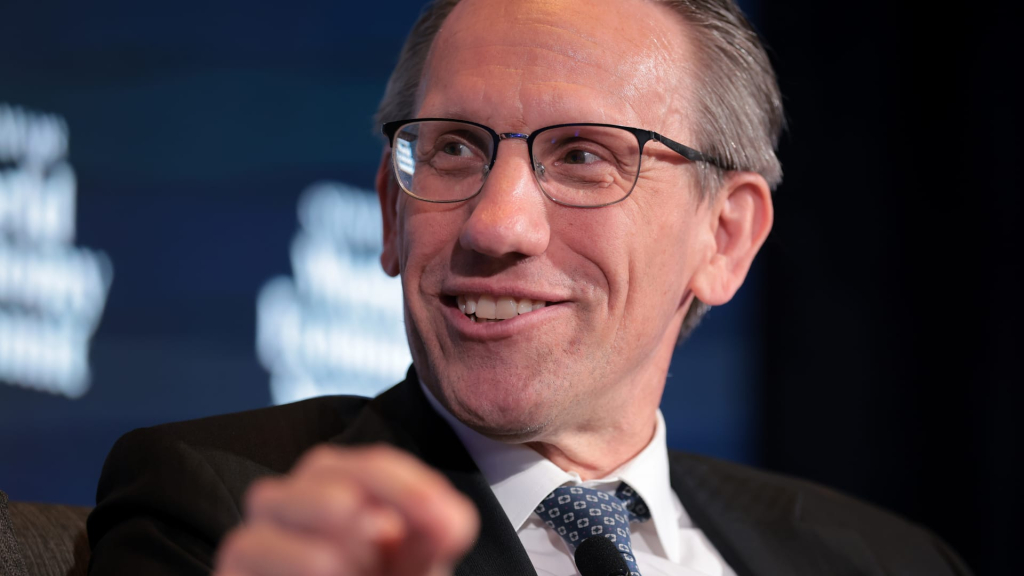Despite President Donald Trump’s contentious tariff policies, acting German finance minister Joerg Kukies affirmed that the trust between Europe and the United States remains intact. Speaking to Finance Newso on Thursday, Kukies suggested that the deep-rooted transatlantic partnership would not easily be undermined by tariff discussions.
“For trust to be broken, a lot more would have to happen because the transatlantic partnership has been built over so many decades that we will not get carried away by the statement of tariffs,” Kukies said during an interview with Finance Newso’s Carolin Roth at the IMF World Bank Spring Meetings.
He noted that following the announcement of a 25% tariff on all imported vehicles to the U.S., there was interest in reaching an agreement during a recent trip to Washington.
According to Kukies, both Europe and the U.S. possess distinct interests, which necessitates mutual understanding in their negotiations. “But this is not the first time ever that the United States and Europe are negotiating over tariffs, so I don’t think we’re anywhere near a crisis moment,” he explained.
Kukies expressed optimism regarding the ongoing discussions, stating that “everything is going in negotiation mode” and emphasized the bloc’s hope to resolve existing differences. He advocated for a zero-for-zero tariff arrangement, a stance that aligns with European Commission President Ursula von der Leyen’s proposals.
However, it’s worth noting that Trump has previously dismissed a European Union proposition for a deal that would eliminate duties on industrial goods exchanged between the U.S. and the EU.
Currently, Germany faces a 10% tariff, a rate temporarily reduced from an original 20% by the Trump administration. Given the nation’s substantial reliance on trade—with the U.S. as its most significant trade partner—the ongoing tariff disputes could have severe repercussions for Germany’s economy.
Earlier in the day, the German government announced a downward revision of its growth forecast, projecting economic stagnation for 2025, a drop from the previous estimate of 0.3% growth projected in January.
Acting economy minister Robert Habeck attributed the revision to the impact of Trump’s trade policies on the German economy during a press conference.
The International Monetary Fund also adjusted its expectations for Germany, now predicting a contraction of 0.2% for the economy.
Germany has faced economic challenges for some time, witnessing contractions in both 2023 and 2024. Nonetheless, the country has narrowly avoided a technical recession, typically defined by two consecutive quarters of economic decline. Anticipation continues to build as the latest GDP figures are set to be released next week.
Amid these challenges, potential positive developments may be on the horizon. Earlier this year, a significant fiscal package aimed at stimulating investment was solidified in Germany’s constitution. Key adjustments to the longstanding debt brake rule could facilitate increased defense spending and establish a 500 billion euro ($569 billion) infrastructure investment fund.
The debt brake imposes limits on government borrowing and regulates the scale of the federal government’s structural budget deficit.


























